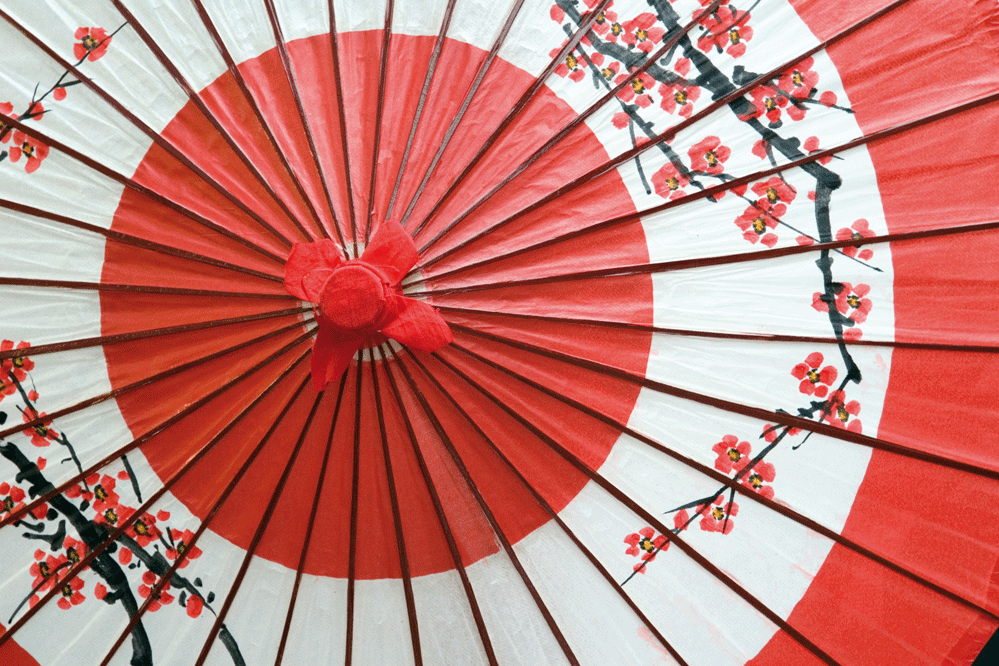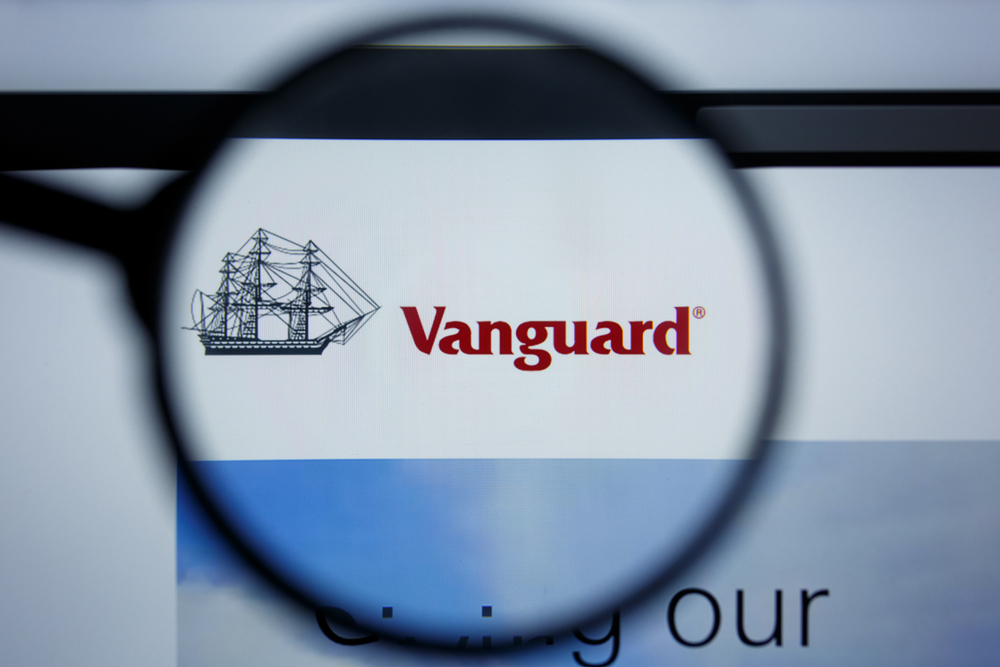The Bank of Japan’s (BoJ's) monetary policy decision to raise rates for the first time in 17 years – marking the end of negative interest rates – is “hugely significant” for world markets.
In an expected move, the BoJ raised interest rates, providing a turning point for the economy, which saw the introduction of negative interest rates in January 2016.
It came as Japan grappled with deflation as it attempted to stimulate economic expansion. But with recent data showing wages growing at levels not seen for 30 years, interest rates have lifted from minus 0.1% to a 0-0.1% range.
According to Russ Mould, investment director at AJ Bell, the BoJ’s monetary policy decision is “hugely significant”.
“Japan’s cost of borrowing has gone up for the first time in 17 years after its wish for inflation finally came true. Japan’s interest rate has been below zero since 2016 in an attempt to stimulate the economy, but it’s now been lifted”, he said.
Mould added that it’s not often that equities rise after an interest rate hike, “but that’s exactly what happened in Japan”, he said.
“Japan’s Nikkei 225 has been the best performing major market index globally over the past 12 months, up 45% and just beating the ferocious tech-heavy Nasdaq 100 index in the US, which has advanced 44%. Investors have been attracted to Japan’s relatively cheap valuations, the prospect of more generous dividends and as an alternative way to get Asian exposure to China, which has disappointed of late,” he said.
However, Mould said the key question now is whether the rate hike represents a ceiling for the index for the time being.
“With other countries expected to cut rates, investors lucky enough to have made money from Japan over the past year might recycle some proceeds elsewhere.”
‘First rate hike no cause for concern’
However, Lindsay James, investment strategist at Quilter Investors, said that for investors in Japanese equities who have enjoyed breakout returns of 21.95% in sterling terms in the 12 months to the end of February, this first rate hike “shouldn’t be a cause for a concern”.
James said: “The Bank of Japan has assured the market that rates will continue to remain accommodative even as yield curve control – its process of systematically buying 10-year Government bonds to keep yields capped at 1% – has been watered down to a pledge to buy bonds ‘as needed’. There is no signal that this is the first hike of many, particularly given disinflationary trends have returned in the past six months.
“However, with signs that wages are set to grow in excess of 5% in the year ahead, the Bank of Japan is clearly keen to move forward with its normalisation of monetary policy; this era of ultra-low interest rates looks set for the history books.”
Currency considerations
Meanwhile, Darius McDermott, managing director of FundCalibre, said one of the things investors need to consider with investing in Japan is that changes in rates can have a big impact on the currency.
However, this raise has been well-telegraphed and expected for some time, “so it is not a big shock to markets”.
McDermott said: “A weaker or stronger currency affects the types of stocks that are in favour. Japan is a very style-driven market and can swing violently between the value and growth styles of investing.
For many years, domestic growth stocks were advantaged when interest rates were close to zero across the developed world. In recent years, Japan’s currency has weakened as the country has kept its interest rates very low. This has benefitted Japan’s large multinationals, which get a large proportion of their profits from overseas, and therefore the value style of investing has done much better.”
He added that Japan has also made a lot of progress and steady improvement in corporate governance over the past decade.
“The business culture has slowly been changing, with companies becoming more professional and beginning to care more about shareholder returns. This has been very beneficial for the stock market, helping Japan’s Nikkei 225 and TOPIX indices finally reach all-time highs.
“Unfortunately, sterling investors haven’t felt the full benefits thanks to the weakness in the currency over the past few years,” he said.
Turning to new investors who may now consider adding Japanese holdings to portfolios, McDermott said Japan is “home to some very exciting companies”, particularly in gaming and robotics.
“It has made huge strides in improving its corporate governance, which is a story we expect has much further to go. It is also relatively cheap compared to some markets like the US.
“Unfortunately, Japan is plagued by bad demographics and high Government debt levels. It will be difficult for domestic companies to grow when the pie is getting smaller over time”.
However, despite the momentous period, McDermott warned that now might not be the best entry point given the market is at all-time highs.
“As any long-term investor knows, there will always be another ‘rising sun’ and therefore better opportunities to invest in the future. For access to this market, we favour T. Rowe Price Japanese Equity and AXA Framlington Japan.”
Related: Land of the rising shares: Five reasons why Japan’s stock market is surging





